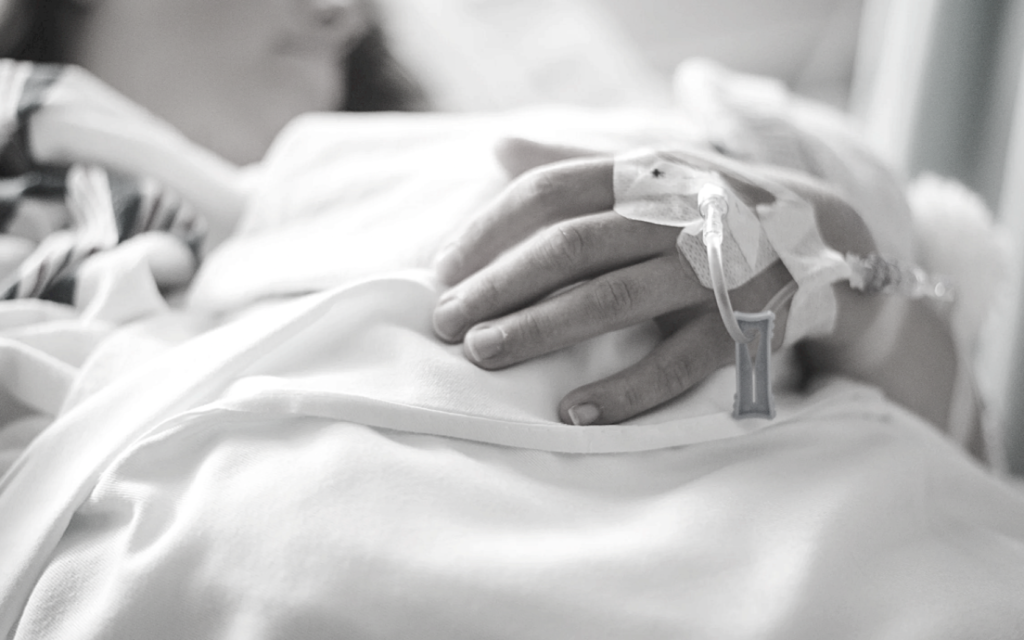They say an ounce of prevention is worth a pound of cure. That’s especially true with cerebral palsy since there is no cure for this debilitating disorder. Unfortunately, you can’t ensure your child has zero chance of getting diagnosed with CP. But every ounce of effort to prevent cerebral palsy adds up! In this article, we’ll cover steps you can take to lower your child’s risk.

What Is Cerebral Palsy? Is It Preventable?
Cerebral palsy is a muscle mobility disorder. It stems from damage to an infant’s brain before, during, or after birth. Children with CP can have muscle coordination problems and other disabilities. It’s a lifelong condition.
Did you know that over 10,000 kids receive a diagnosis of cerebral palsy per year in the United States? It’s the most common movement disorder in children.
Doctors and scientists are still trying to understand how CP develops. As you can see below, the causes run the gamut from illness to accidents.
Common Causes of Cerebral Palsy:
- Viral Infection
- Illness
- Premature birth
- Genetic predisposition
- Birth injuries and complications
- Physical injury
Sometimes cerebral palsy develops in the womb from unknown causes. Other times, it’s the result of medical malpractice. CP can also stem from an accident, such as a fall or car accident.
The good news is that there are steps you can take to reduce your child’s risk. First, let’s take a look at what you can do to prevent cerebral palsy during pregnancy.
Preventing Cerebral Palsy Before Birth
According to the Centers for Disease Control (CDC), about 70% of cerebral palsy cases come from prenatal damage to the brain. This means the injury happens during pregnancy.
Here are ways you can help lower your risk:
- Access to quality medical care while you’re pregnant
- Good nutrition
- Staying up to date on your vaccines
- Take an Rh factor test early in your pregnancy. The Rh (Rhesus Factor) is a protein in red blood cells. Most people have it, but some don’t. Problems can arise if the mother’s blood is different from the baby’s.
- Keeping any health issues you have in check (such as diabetes or high blood pressure)
- Avoiding substances that can harm your baby (alcohol, drugs, certain medications)
- Reducing your exposure to infections and viruses that affect fetal health (For example, Zika, Hepatitis B, Group B streptococcus)
Preventing Cerebral Palsy & Malpractice
There are many steps you can take for cerebral palsy prevention before birth. But some things are out of your control. While doctors and nurses may act like angels, they’re only human. They can make mistakes. Sometimes those mistakes lead to cerebral palsy.
That’s why a key part of cerebral palsy prevention involves knowing about types of medical negligence that can cause CP. If you’re aware of what constitutes malpractice, you can advocate for yourself and your child. In the worst-case scenario, if you know what to look for, you can recognize malpractice after the fact and take legal action.
So let’s take a look at what medical staff should be doing to prevent CP.
Before Birth
To prevent cerebral palsy the medical staff should do these things.
- Your doctor should order an Rh factor test.
- During the entire pregnancy, the doctor should monitor fetal health. If they catch complications early on, they might prevent CP from developing.
- Your physician should identify risk factors for CP during your pregnancy.
- Doctors should order swift treatment for any complication or infection they discover.
- Your doctor should talk to you about the delivery process. They should make sure you know what to expect.
During Birth
Babies can develop cerebral palsy during delivery, even if they are healthy in the womb. When this happens, it could be because a doctor misses something. Advances in technology allow for swift detection of issues during delivery. That’s why most cases of delivery-caused CP are preventable.
Here are steps doctors can take for cerebral palsy prevention during delivery:
- Test the mother for infections. These can transfer to the baby during birth.
- Detect and correct fetal distress.
- Watch for oxygen deprivation. This can cause brain damage and subsequent cerebral palsy.
- Perform an emergency C-section if the baby’s health is at risk.
- Use a vacuum/forceps the right way, and only if necessary.
- Catch jaundice and treat it. Jaundice is a build-up of a chemical called bilirubin in the baby’s blood. If left untreated, it can lead to brain damage. Brain damage can cause cerebral palsy.
After Birth
Unfortunately, CP can develop after your baby’s birth as well. These cases often stem from head trauma. So cerebral palsy prevention for your infant mainly involves avoiding falls and infections that can damage the brain.
Make sure you use the correct car seat for your infant’s height and weight. Never leave your baby unattended. Keeping their vaccines up to date can also help prevent an illness from causing CP.

My Child Has CP. Can I Sue My Physician?
Did your doctor fail to provide adequate care during pregnancy or delivery? Was your child later diagnosed with cerebral palsy? If so, you might be able to sue your physician or hospital for malpractice.
The first thing you should do is to get in touch with a birth injury lawyer.
This type of attorney can help you determine if malpractice caused your child’s condition. For more information about cerebral palsy prevention, or to schedule an obligation-free appointment, contact our malpractice lawyers here.




